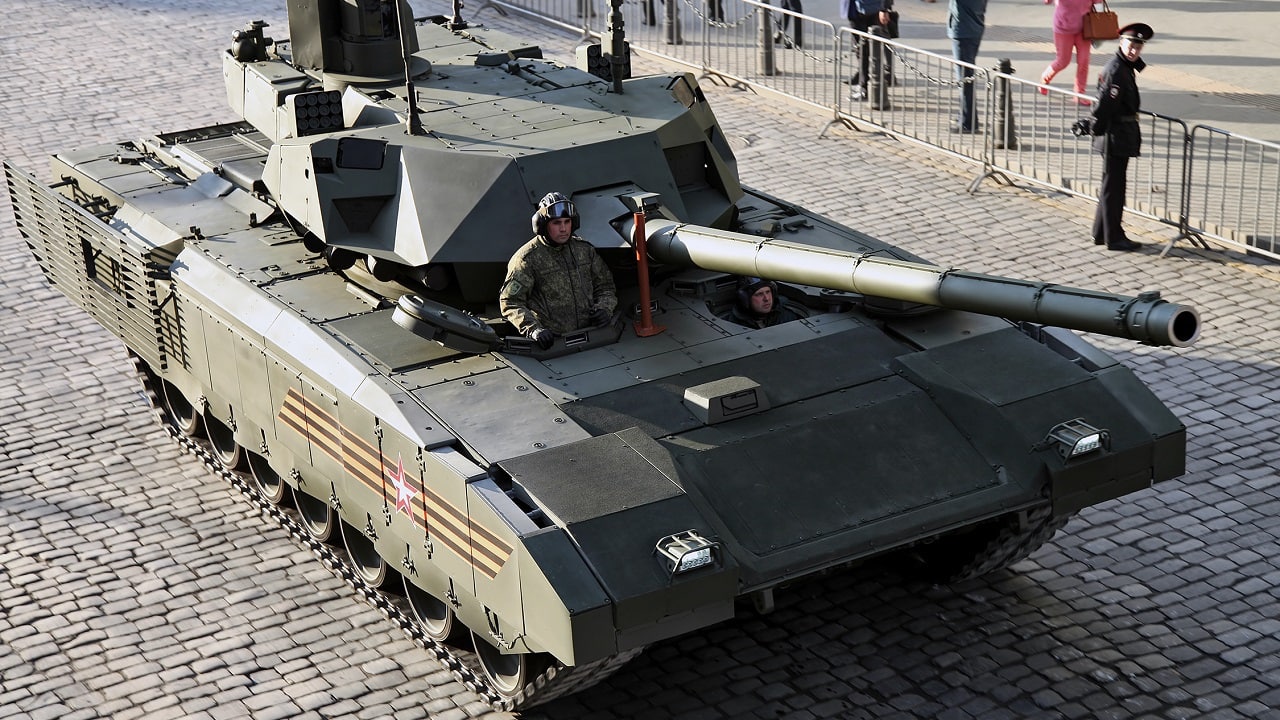As the United States and NATO run out of new sanctions designed to target the Russian economy, a new round of sanctions announced by the United States Treasury Department this week focuses on networks used by Russian elites and associates of President Vladimir Putin.
The Treasury Department confirmed the new sanctions on Thursday, describing how the package will “degrade the key networks used by Russia’s elites, including President Vladimir Putin, to attempt to hide and move money and anonymously make use of luxury assets around the globe.”
The new package, which comes as Russia makes some progress in the eastern Donbas region of Ukraine, effectively doubles down on existing sanctions and makes it harder for the country’s biggest business leaders to circumvent restrictions on currencies and transactions.
Brian Nelson, the Under Secretary of the Treasury for Terrorism and Financial Intelligence, said that Russia’s elites – including the president – are relying on “complex support networks” to hide, move, and maintain their wealth and assets amid the Russian invasion of Ukraine.
“Today’s action demonstrates that Treasury can and will go after those responsible for shielding and maintaining these ill-gotten interests,” Nelson said.
What, Specifically, Did the U.S. Sanction?
In the announcement, the Treasury Department listed the names of Kremlin officials and allies of the Russian president, as well as the sanctions levied against them.
Specifically, the sanctions covered the following:
- Kremlin-linked Yacht Brokerage and Yachts
Imperial Yachts is a yacht brokerage that provides oligarchs with a number of services relating to the sale of yachts, the design of yachts, and the overall management of the luxury ships. As well as the company’s main office in Monaco, an office in the Russian capital of Moscow exists and provides services to some of the richest people in Russia – including those close to the Russian president.
The brokerage and its Russian CEO Evgeniy Borisovich Kochman were both sanctioned by the U.S this week.
Two yachts were also sanctioned by the U.S. government as property in which President Vladimir Putin has an interest.
- Putin’s Close Friend
Sergei Pavlovich Roldugin, a close friend and ally of the Russian president, was also designated under the latest round of sanctions.
“Roldugin was designated today pursuant to E.O. 14024 for being or having been a leader, official, senior executive officer, or member of the board of directors of the GoR,” a statement reads.
Roldugin has known the Russian president for over forty years, is a godfather to one of Putin’s daughters, and reportedly manages his offshore wealth.
- Top Kremlin Officials
The United States has also directed sanctions at several top Russian government officials, including Tury Slyusar, the President of the United Aircraft Corporation, which is a Russian state-owned company and one of the biggest suppliers of aircraft to the Russian military.
Vitaly Savelyev, the Minister of Transport, and Maxim Reshetnikov, the Minister of Economic Development, were also sanctioned alongside Minister of Construction Irek Faizullin and Deputy Prime Minister Dmitriy Griforenko.
What It Means
The Treasury Department’s sanctions mean that all property of those sanctioned will be blocked in the United States and must be reported to OFAC.
All transactions by U.S. citizens or people doing business in the United States that may involve the properties sanctioned in this latest package, or the individuals sanctioned, are blocked unless otherwise authorized.
“These prohibitions include the making of any contribution or provision of funds, goods, or services by, to, or for the benefit of any blocked person and the receipt of any contribution or provision of funds, goods, or services from any such person,” the statement concludes.
Jack Buckby is a British author, counter-extremism researcher, and journalist based in New York. Reporting on the U.K., Europe, and the U.S., he works to analyze and understand left-wing and right-wing radicalization, and reports on Western governments’ approaches to the pressing issues of today. His books and research papers explore these themes and propose pragmatic solutions to our increasingly polarized society.

